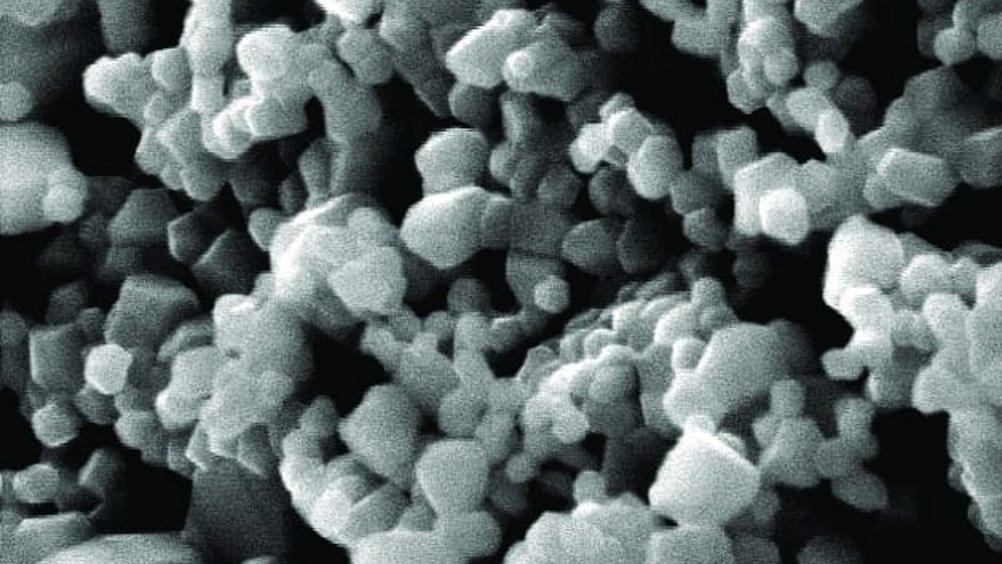Material improvement for concentrated solar power plants
Engineers have developed a new nanoparticle-based material for concentrating solar power plants designed to absorb and convert more than 90 per cent of the sunlight it captures to heat.

Developed at the University of California, San Diego, the new material is also claimed to withstand temperatures greater than 700 degrees Celsius and survive many years outdoors in spite of exposure to air and humidity. Their work, funded by the US Department of Energy’s SunShot program, was published in Nano Energy.
By contrast, current solar absorber material functions at lower temperatures and needs to be overhauled almost every year for high temperature operations.
‘We wanted to create a material that absorbs sunlight that doesn’t let any of it escape. We want the black hole of sunlight,’ said Sungho Jin, a professor in the department of Mechanical and Aerospace Engineering at UC San Diego Jacobs School of Engineering. Jin, along with professor Zhaowei Liu of the department of Electrical and Computer Engineering, and Mechanical Engineering professor Renkun Chen, developed the silicon boride-coated nanoshell material.
The novel material is said to features a multiscale surface created by using particles of many sizes ranging from 10 nanometres to 10 micrometres. The multiscale structures can trap and absorb light, which contributes to the material’s high efficiency when operated at higher temperatures.
Register now to continue reading
Thanks for visiting The Engineer. You’ve now reached your monthly limit of news stories. Register for free to unlock unlimited access to all of our news coverage, as well as premium content including opinion, in-depth features and special reports.
Benefits of registering
-
In-depth insights and coverage of key emerging trends
-
Unrestricted access to special reports throughout the year
-
Daily technology news delivered straight to your inbox










Water Sector Talent Exodus Could Cripple The Sector
Maybe if things are essential for the running of a country and we want to pay a fair price we should be running these utilities on a not for profit...